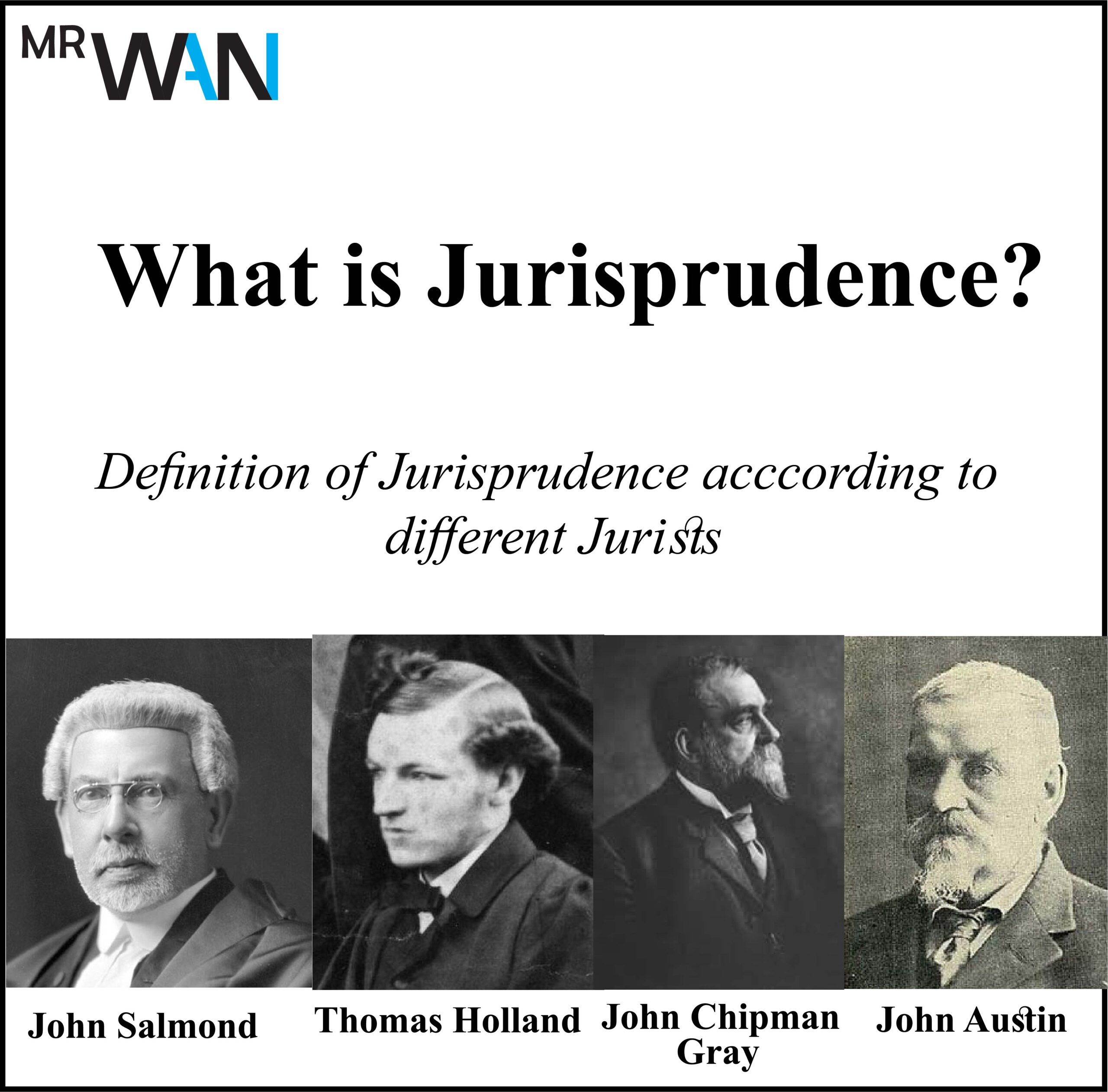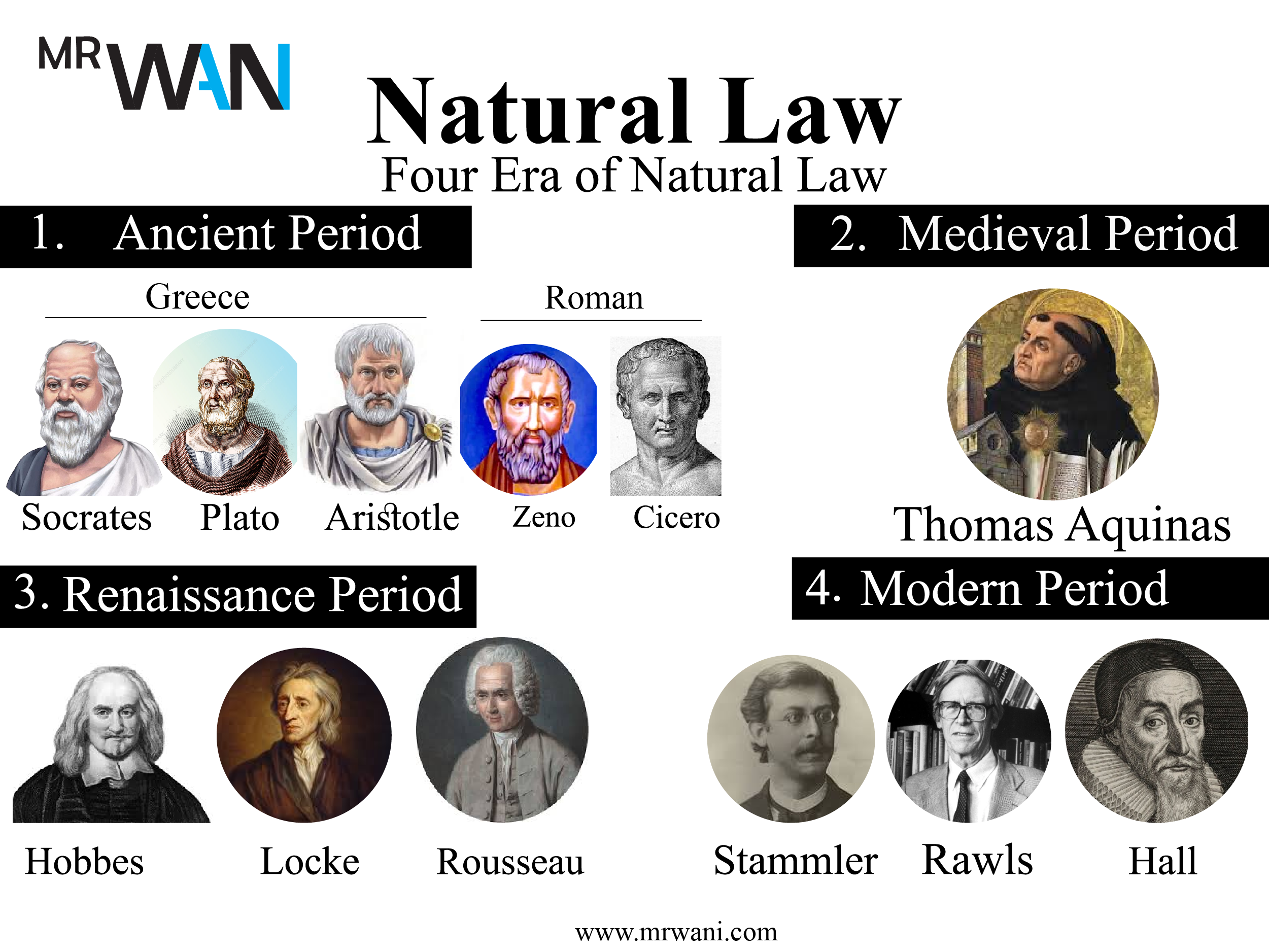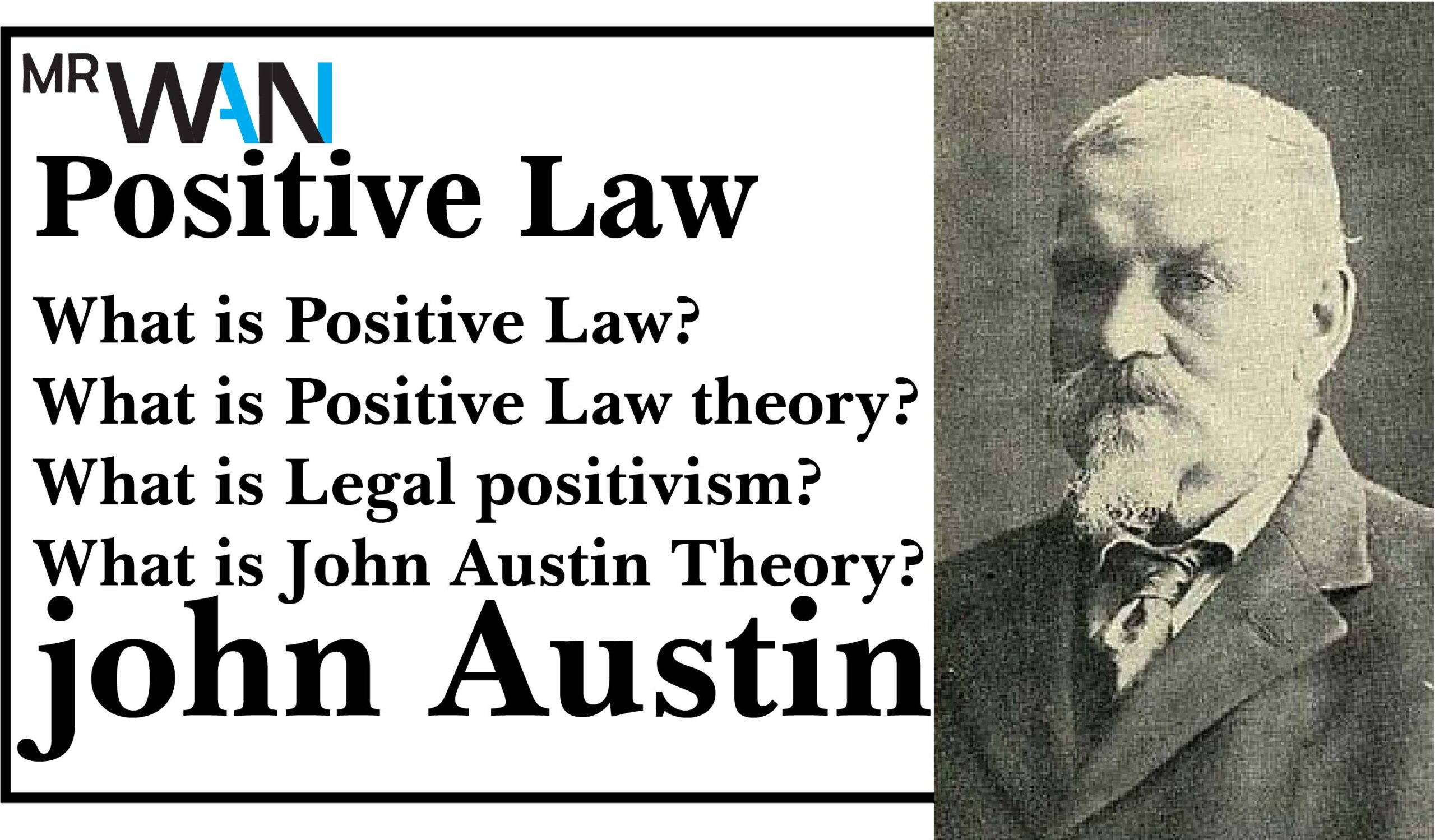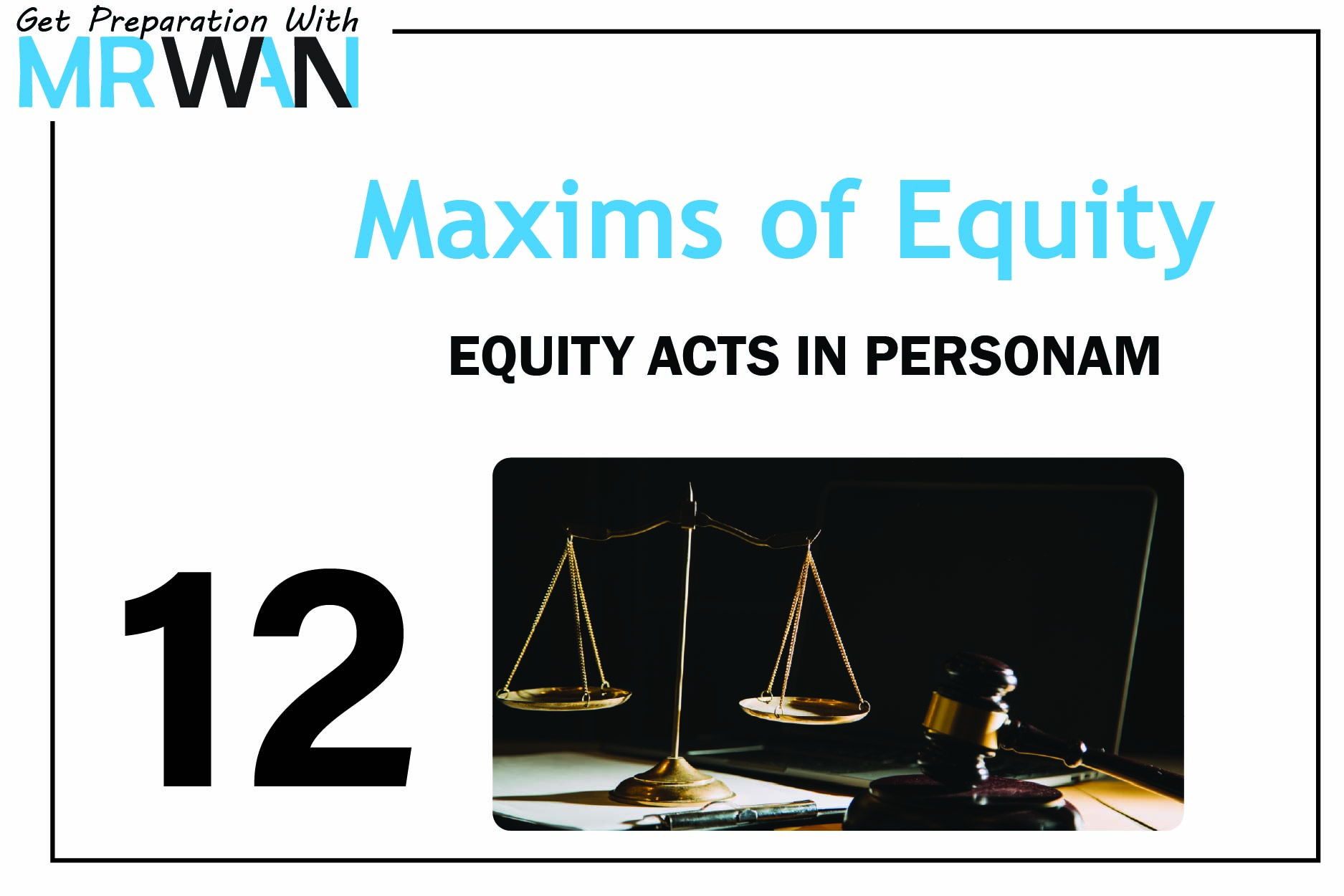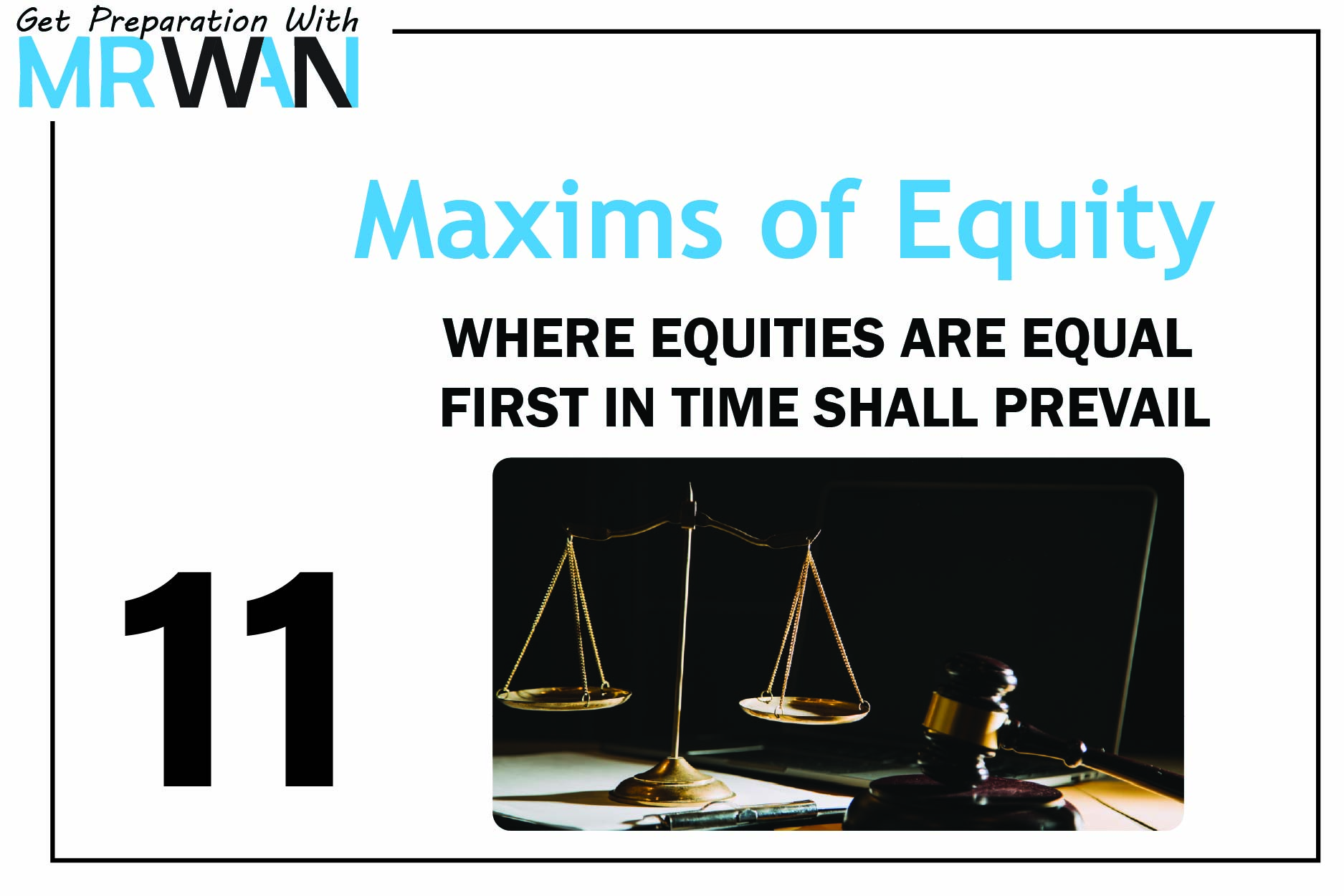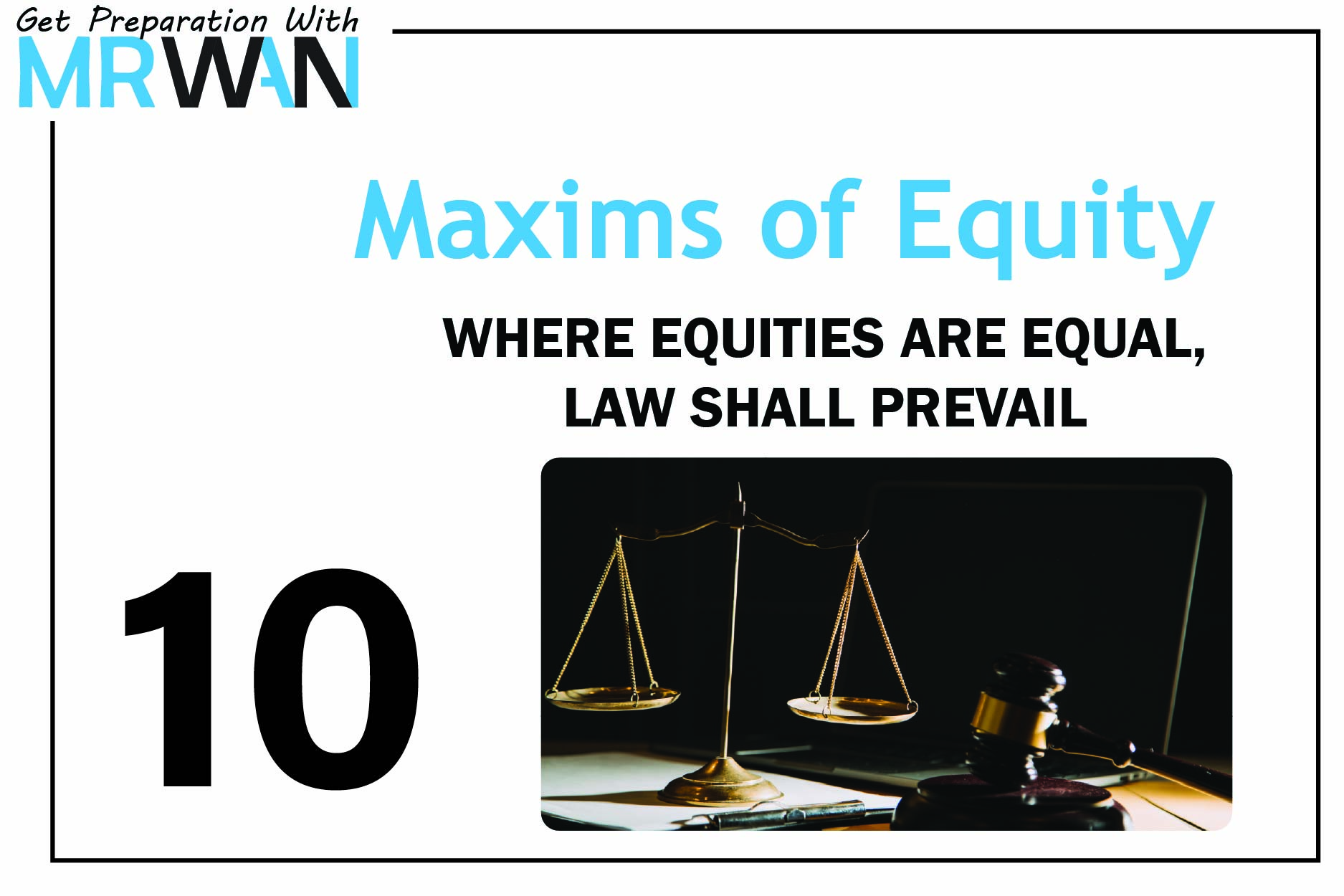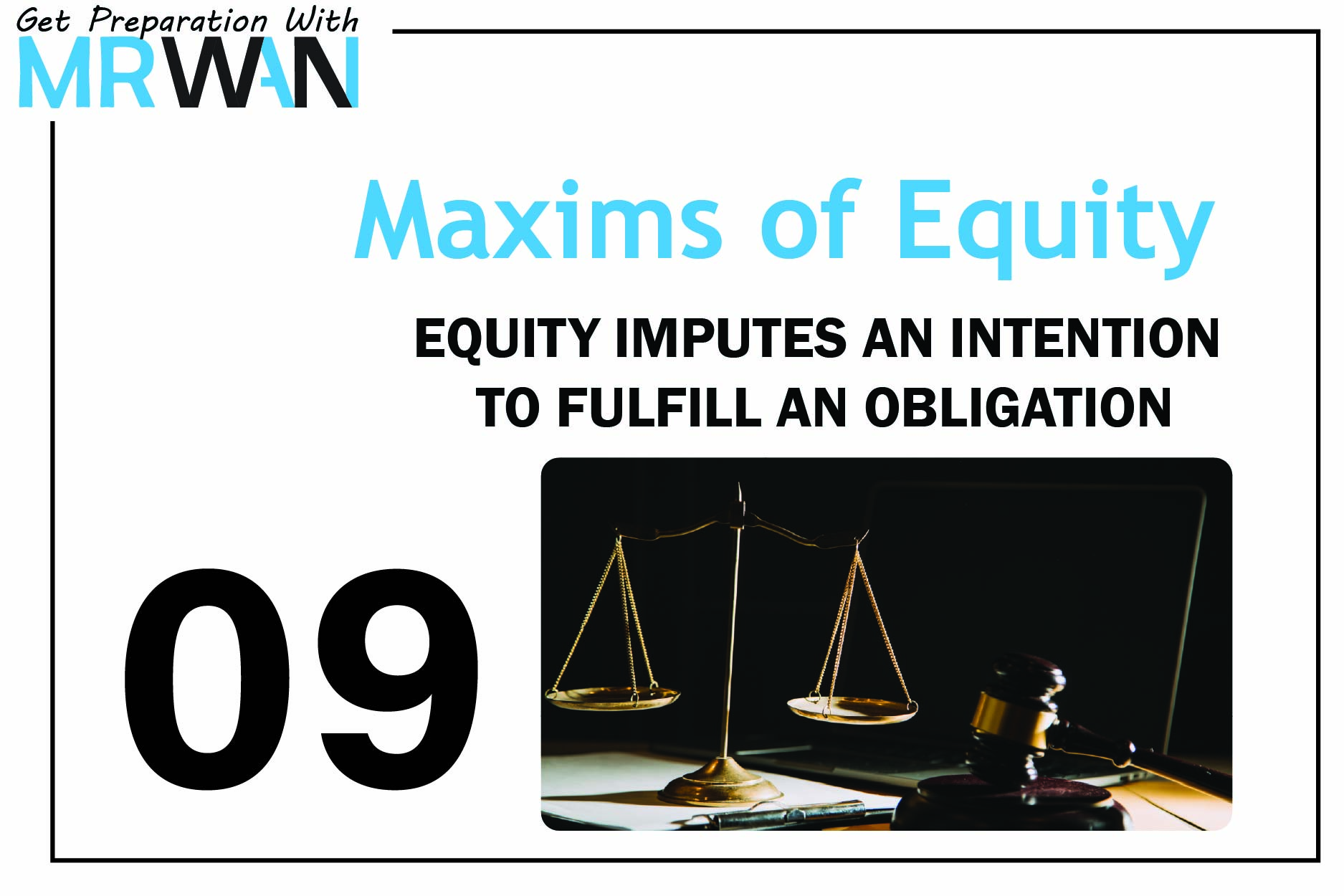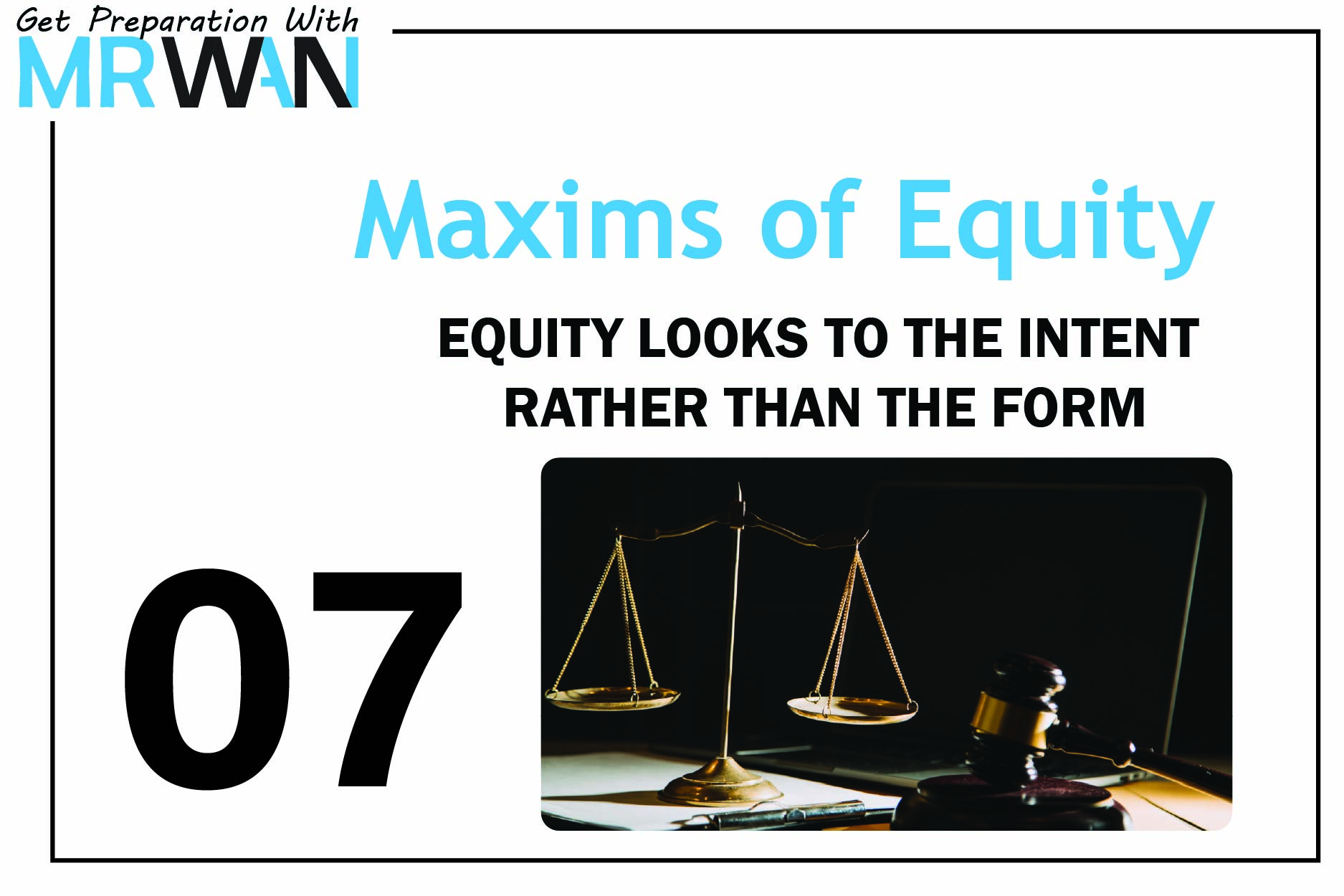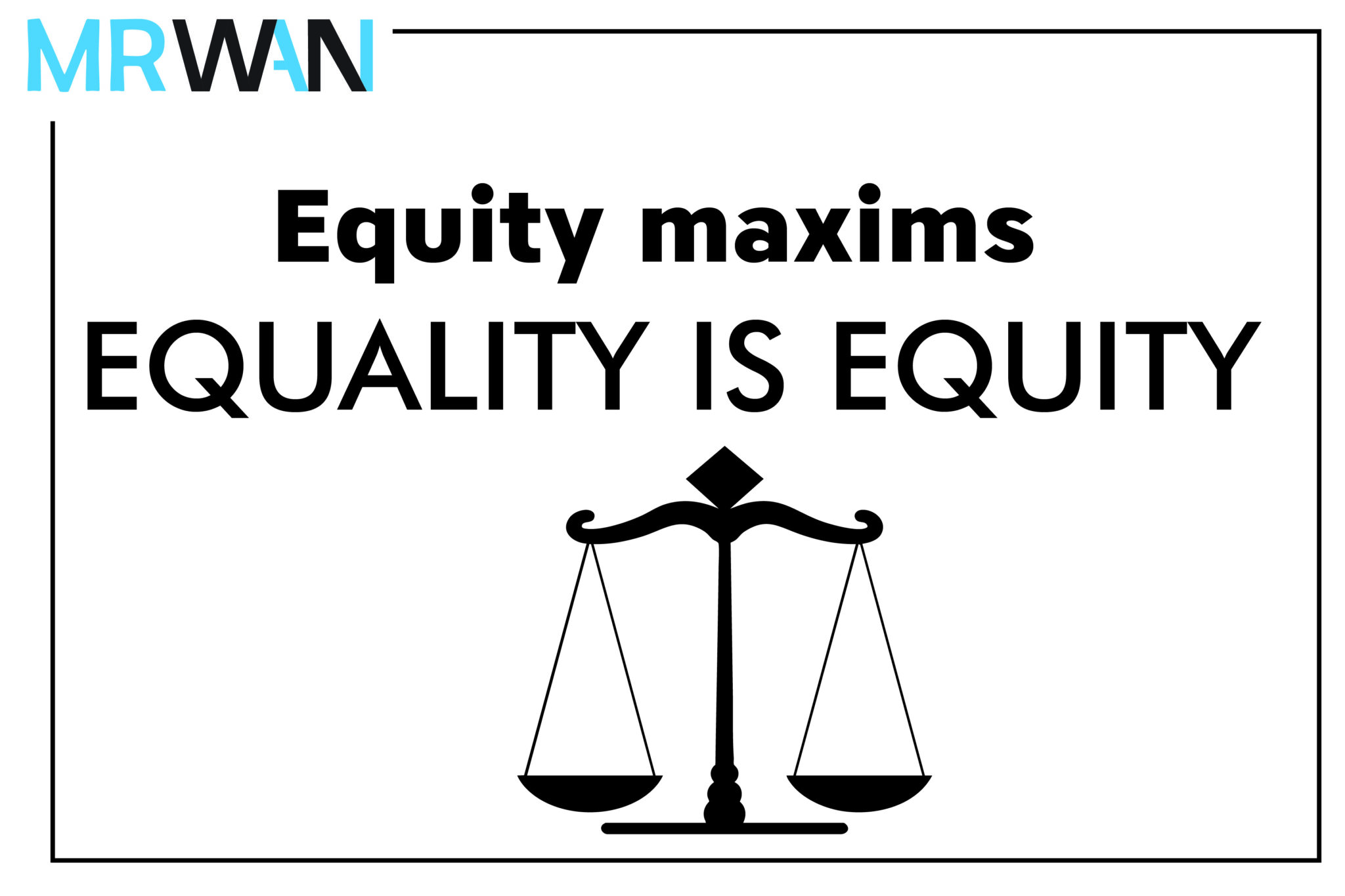What is Jurisprudence?
Introduction;
Jurisprudence involves the study of general theoretical questions about law, its nature and legal systems. Also involves about the justice of law, relation of ethics and the social nature of law.
Thank you for reading this post, don't forget to subscribe!Jurisprudence as a philosophy of law attempts to create a relationship with social norms and provides practical solutions through the fusion of fact, justice, and values.
Jurisprudence as a science of law is concerned with the regulation of human conduct according to the set values, needs and goals of human behavior according to the set values, needs and goals of every society.
Literal Meaning of Jurisprudence;
The word “Jurisprudence” has been used as synonym for the word “law”, but sometime as a philosophy of law, and sometime as a science of law. In current trend “legal Theory” is prefer to the term “ Jurisprudence”. The term “legal theory” was first time introduced in 1945 by Freedman. To understand the meaning and definition of jurisprudence we must know about the origin of jurisprudence.
Origin of jurisprudence.
The word “Jurisprudence” is derived from the Latin word, “jurisprudential” which mean knowledge of law. In the Latin, word “jure” or “juris” means law and “prudentia” means “skill” or “knowledge”.
So the Jurisprudence mean” practical knowledge of law and its application.
Definition of Jurisprudence.
“Jurisprudence” has been assigned different meanings by different jurists.
Thus, Jurists have given various definitions of the Jurisprudence. However, a single definition cannot be called universally accepted.
Austin’s definition:
According to Austin jurisprudence “ science of law which deals with analysis of the concepts or its underlying principles. For John Austin, The appropriate subject of jurisprudence is positive law. i.e. law as it is (existing law).
According to him jurisprudence is not a moral philosophy, rather it is a systematic study of substantive law as distinct from moral.
Holland’s Definition:
Holland defines jurisprudence as “ the formal science of positive law”. According to him, formal science is that which deal with the various relations that are regulated by rules than those that regulate those relations.
Salmond’s Definition:
According to salmond, jurisprudence can be defined in two sense. In the “Generic Sense” Jurisprudence can be define as “Science of Civil law” and in the “specific sense” Jurisprudence can be defined as the science of the first principle of civil law.
Gray’s Definition;
Gray has defined jurisprudence as a science of law. i.e. systematic arrangement of rules followed by courts and principles underlying them.
Conclusion:
From the definitions discussed above, we can say that Austin’s definition is relatively more correct. Austin has broadened the scope of jurisprudence by classifying it into at least two categories, “General and Particular”, and pointing out that jurisprudence involves the study of principles common to all states and also the analysis of these principles in a specific determined nation.
